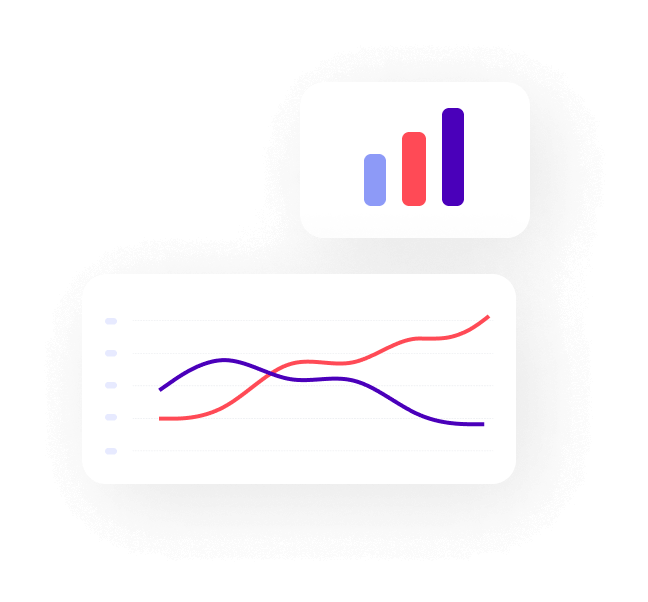Podcast Agency Services
Research shows that 75% of B2B decision-makers listen to podcasts at least twice a week, and over half listen daily. Our agency helps your brand reach and persuade this audience through podcast strategy, production, influencer integration and ad placement.


Real Results & Resources
Stay connected & join our newsletter list!
Meet the TopRank Marketing team
We are experts who care about the customer, the craft and the outcome of every campaign
Meet the Team
Check out the TopRank Blog
B2B marketing insights, news, interviews with thought leaders, industry trends and more
B2B Marketing Blog